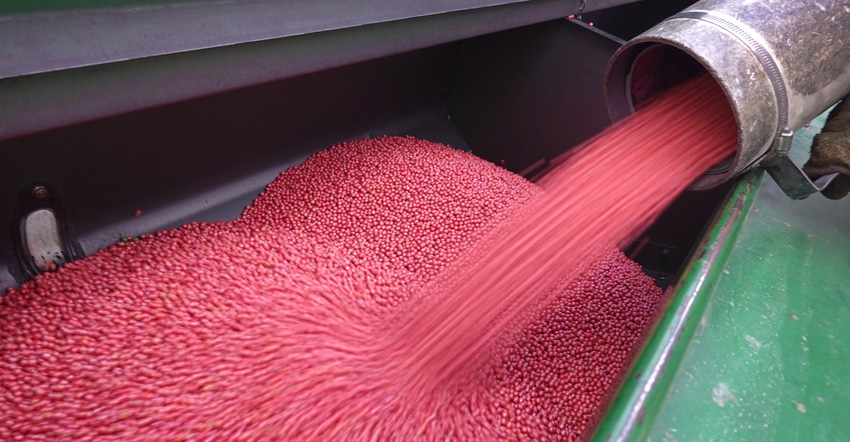
Two readers recently got inspired to write opposing viewpoints on state Sen. Brad Holyman’s proposal to ban neonicotinoid pesticide seed treatments in New York.
I wrote about Hoylman’s proposal in a previous My Take column. Here’s what Dan Steward, a reader from Chautauqua County, had to say:
I just read your take from the July issue. Sen. Brad Hoylman wants it both ways. He was also the sponsor of the bill the previous year that required children to be immunized to attend public schools. It wouldn’t surprise me if he is also a strong pusher of COVID vaccinations on those who don’t quite trust the sped-up process for approval.
The point is that on one hand, he totally trusts the FDA when they say a vaccine is safe and has no problems coercing people who have religious objections or suspect they are harmful to take them. But on the other hand, he does not trust the EPA when it says neonicotinoids or glyphosate are safe. Trust the science when it supports your politics!
This is a separate issue from all of the laws and mandates that are being pushed on farmers by governments, corporations, their own co-ops, etc., in response to activists, not consumers, who lobby for these onerous regulations. Labor laws, FARM, GAP regulations, you name it. It takes up an enormous amount of time to do this paperwork, and farms have a real challenge to comply.
Larger farms might be able to hire an office person who can do all of this paperwork. They can more readily spread the cost over more acres and/or cows. However, this is a serious issue for small farms.
Unfortunately, we are our own worst enemy. We lobby for more aid, bailouts, Extension programs, feel-good grant opportunities, etc., which are great in the short term but result in more dependency on the bureaucratic state in the long run. Farmers are heading down that road to serfdom to the whims of lawmakers like Brad Hoylman, and the increasingly liberal and politically correct state land-grant universities.
I am with you! Enough is enough!
Opposing view
But Yusuf Harper, president of Pure Grown in Chenango County, has a different take:
I, too, have issues with NYC-based politicians making farm policy, which is frequently absent of agriculture’s input. The bill on neonicotinoids, SB699B, might be another example. However, not all farmers oppose this legislation.
My farm is a midscale certified organic farm in upstate New York, with our major markets in NYC and surroundings. I am also a beekeeper, and our area has a major regional honey-pollinator business.
Industrial-scale conventional agriculture continues to look at our environment as a “mining” operation; maximum extraction is the goal. Yes, there is some nods here and there to sustainability, but generally it is overwhelmed by the ag-industrial approach. The pollinator programs you mention are very weak and do not counter the harm.
Neonicotinoids are a unique threat not just to pollinator species, but to the entire ecosystem. Insects of all types are affected, which means the entire web from soil to sky are profoundly altered.
Neonics are not simply an ag issue, it’s much broader than that. If you have not done so, please look into the long-term effects on soils, non-ag plants, non-pollinator insects, birds, etc.
American agriculture needs to take a much more holistic, balanced approach to land, water, soils, air quality and biological issues across state and industry borders.
Agriculture is a difficult business and an uneasy way of life. It is complex and intellectually challenging. It’s only going to get more so.
Old-style conventional agriculture brought to industrial scale will kill us and leave the landscape like the strip mines of eastern Kentucky. It has to change and quickly.
We live on a few inches of soil that is not uniformly spread across the globe. North America is unique on the planet. With climate change, we’re in for a stressful time requiring major resets. American agriculture cannot take the short-term approach. We need smart people making smart decisions for the long term.
If no neonics, then what’s the answer? It can’t just be more chemicals. It has to be GAP farming based on a holistic, sustainable approach, not a simplistic, extractive approach. My legislative reps heard my thinking on this bill.
Feedback appreciated
It’s nice to see people read my columns, even if it’s once in a great while. Please keep the letters coming. I love reading them! Write to [email protected].
About the Author(s)
You May Also Like






